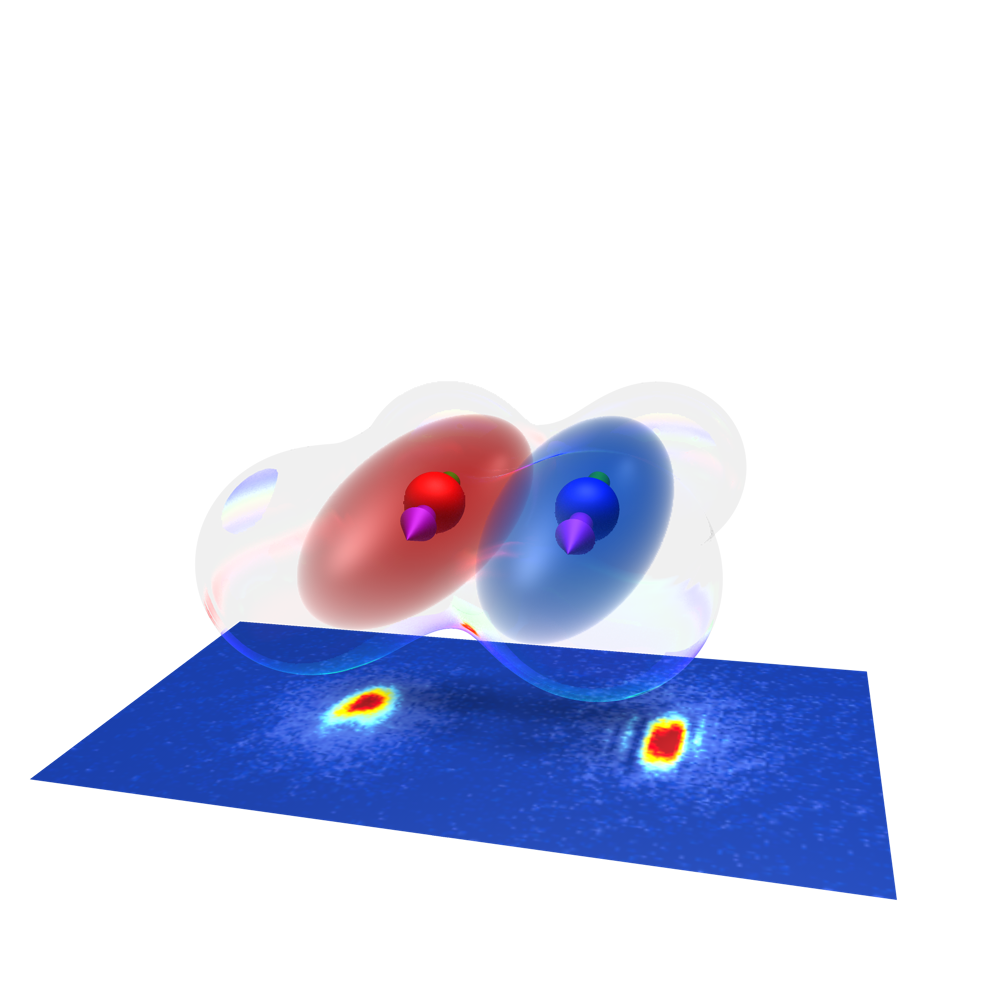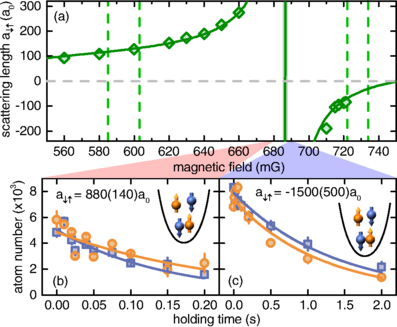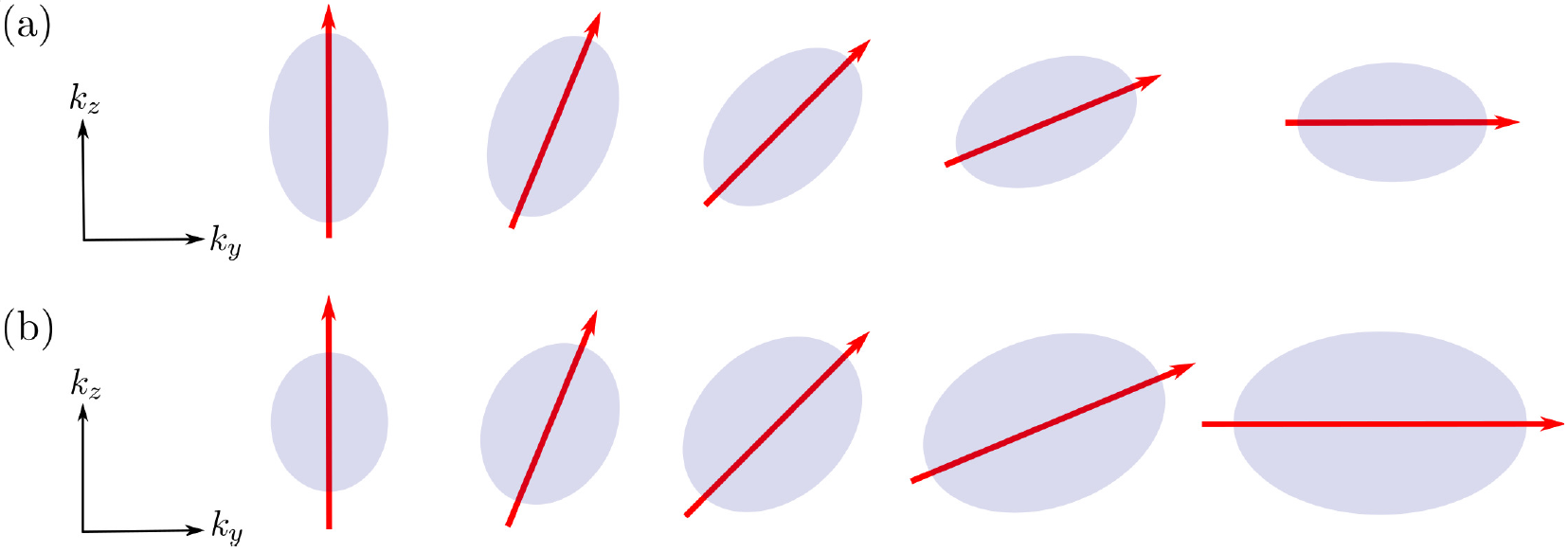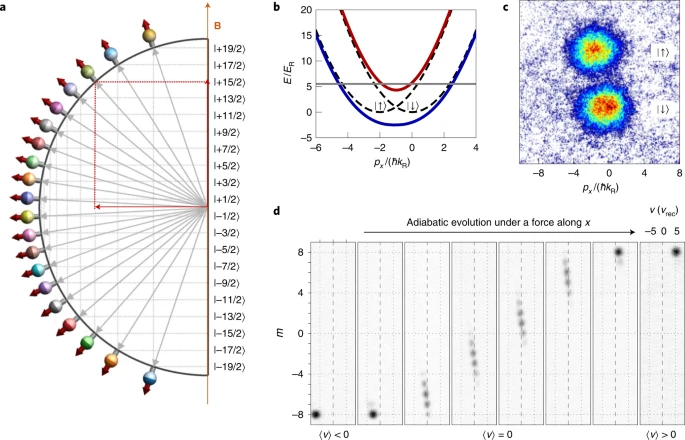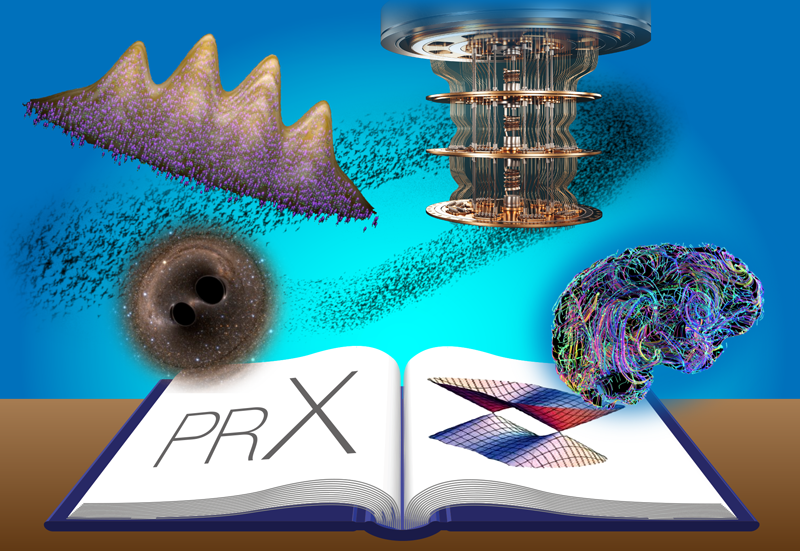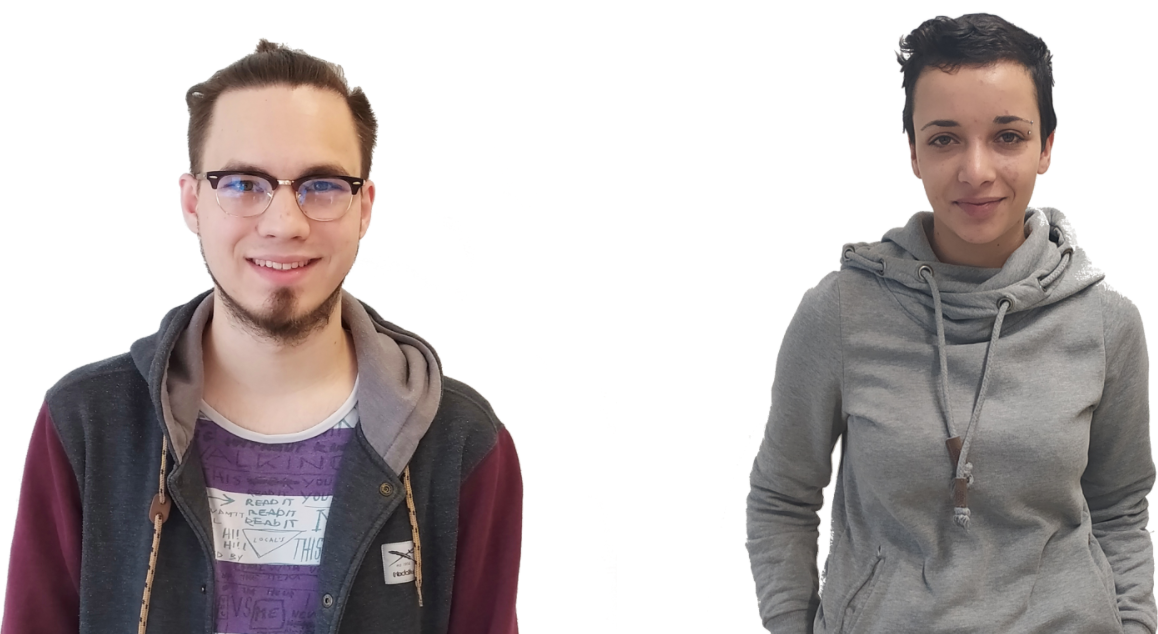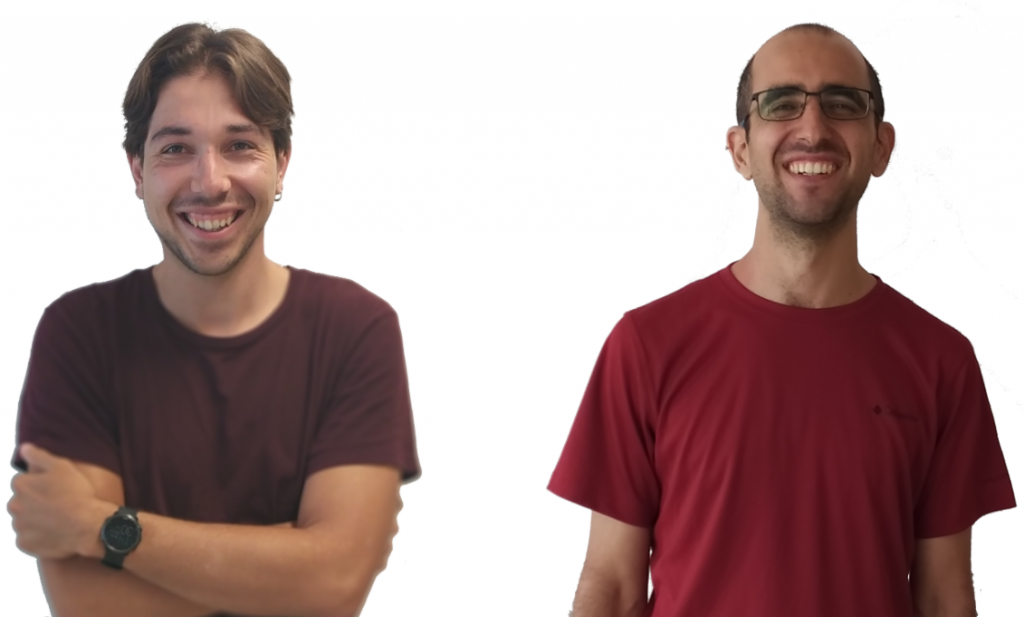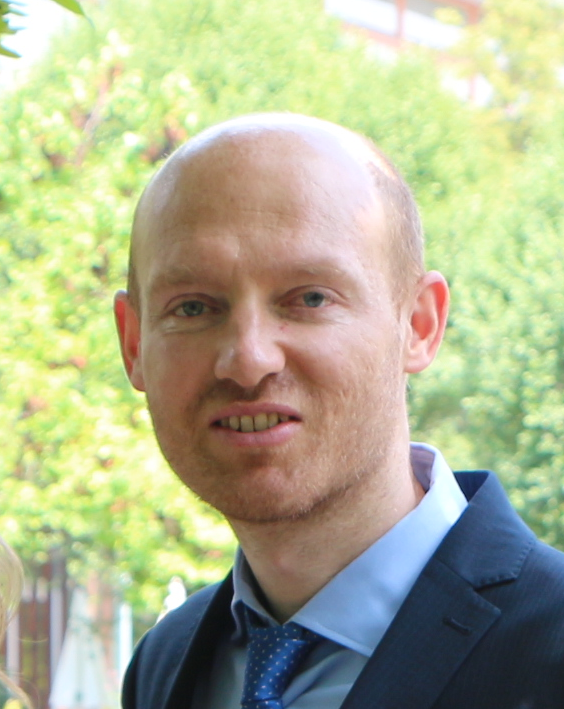
Long-Range Interactions Workshop 2025
Register now for the Long-Range Interactions Workshop 2025!

2025 Group Openings!
We are happy to announce that our dipolar quantum gas group has an Academy Scientist + Postdoc and PhD positions open for 2025!

Vortices in a supersolid
2024’s Biggest Breakthroughs in Physics: Our research on the observation of vortices in a dipolar supersolid featured by Quanta magazine!

Austrian of the Year 2024
Francesca was crowned as the ‘Austrian of the Year’ in the research category at the Austria 24 gala by Die Presse!

Summer BBQ
Our 2024 Summer BBQ took place on the 24th of June and celebrated the many different achievements of the group!

Murder Mystery Dinner
Our 2024 group dinner took place on the 18th of January at CasoinN da Giorgio restaurant, with a 1920’s Murder Mystery theme!

Glitches in supersolids: links between neutron stars and quantum matter
By emulating the connection between a rotating supersolid phase and an external solid phase, we were able to replicate “glitches” – sudden jumps in the solid angular momentum driven by quantum vortices leaving the supersolid.

Cluster of Excellence Quantum Science Austria granted
Three Clusters of Excellence in Innsbruck have been funded! With highly endowed clusters of excellence, the Austrian Science Fund FWF creates Austrian flagships of basic research. The University of Innsbruck will coordinate the Cluster of Excellence for Quantum Sciences.

Bloch Oscillations
By letting an erbium quantum droplet fall under gravity through an optical lattice, it is possible to understand the inter-atomic interactions and quantum fluctuations through variations of the Bloch oscillation.

ERC Advanced Grant DymetEr has been funded!
Our group studies dipolar quantum gases made of Erbium (Er) and Dysprosium (Dy) atoms. These extraordinarily magnetic species are a powerful new resource for reaching quantum simulation with strong connectivity, in which each atom is coupled to the other over long distances, and exploring exotic phases of matter that have no classical counterpart.
We have three labs: the ERBIUM LAB, where Er was Bose condensed for the first time ever, the Er-Dy LAB which studies quantum dipolar mixtures under a quantum-gas microscope, and the T-REQs LAB, where we trap Er atoms in arrays of optical tweezers for Rydberg physics. Recently, we have established a Theory Group aimed at studying and predicting dipolar phenomena in dipolar quantum gases and mixtures.
The group, led by Francesca Ferlaino, is jointly located at the Institute for Experimental Physics (IExP) of the University of Innsbruck and at the Institute for Quantum Optics and Quantum Information (IQOQI) of the Austrian Academy of Sciences, and it is part of the Innsbruck Center for Ultracold Atoms and Quantum Gases.
Follow our group’s updates on  Bluesky!
Bluesky!
News from the labs
![]()
Now on Physical Review Letter! We have created for the first time a dipolar quantum mixture by combining two highly magnetic atomic species, Erbium and Dysprosium. The experiment has been conducted in the RARE Lab and we observe simultaneous quantum degeneracy of 5 Bose-Bose mixture and a Bose-Fermi one.
Keep Reading ...
In our Erbium experiment, we have created the first two component dipolar Fermi gas with tunable interactions. This paves the way to studies of BEC-BCS physics in presence of an unprecedented few-body scattering scenario, including anisotropic long-range dipolar interactions and anisotropic short-range interactions.
Keep Reading ...
In collaboration with our theory colleagues from Serbia (Antun Balaž, Vladimir Veljic), Germany (Axel Pelster) and Brazil (Aristeu R. P. Lima), we have investigated the ground-state properties of dipolar Fermi gases, extending the current understanding to the case of arbitrary dipole orientation and trapping geometries.
Keep Reading ...
Group news
Our new paper in Physical Review A explores the connection between trap geometry and atom number in determining the dimensionality of dipolar supersolids!
Keep Reading ...
Our review on the quantum many-body physics in ultracold magnetic lanthanides is now published in Nature Physics!
Keep Reading ...
Our 2019 paper is chosen as one of PRX's favourite papers from the last 10 years!
Keep Reading ...
Welcome and goodbye
Welcome to Amal El-Arrach and Simon Gschwendter, who have joined respectively the T-REQS and the Erbium teams for their master thesis.
Keep Reading ...
Welcome to Dr. Hagai Edri (right) and Julián Maloberti (left) who have joined the T-Reqs team as postdoctoral fellow and Phd student, respectively.
Keep Reading ...
Beginning in July, Russell joined the University of Innsbruck as an Assistant Professor. He is building a theory group within the Department of Experimental Physics, with a focus on ultracold quantum gases, most notably bringing his expertise on dipolar Bose-Einstein condensates. He is looking forward to working in Innsbruck and
Keep Reading ...
 Bluesky!
Bluesky!










